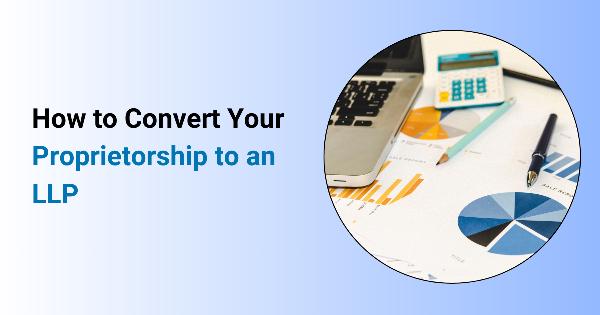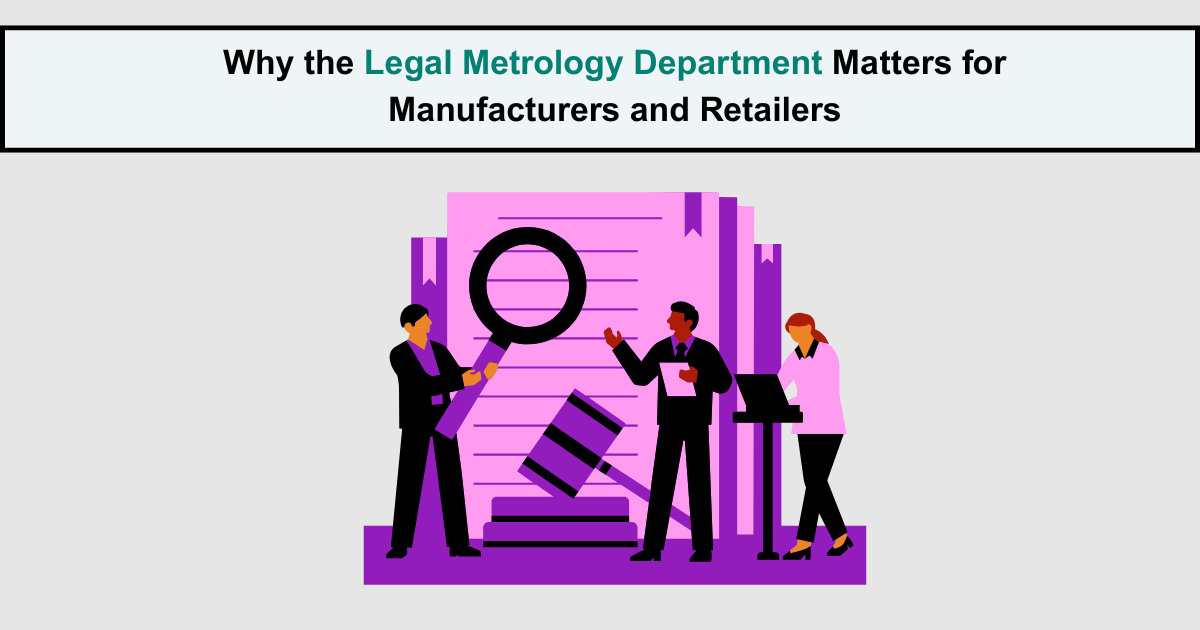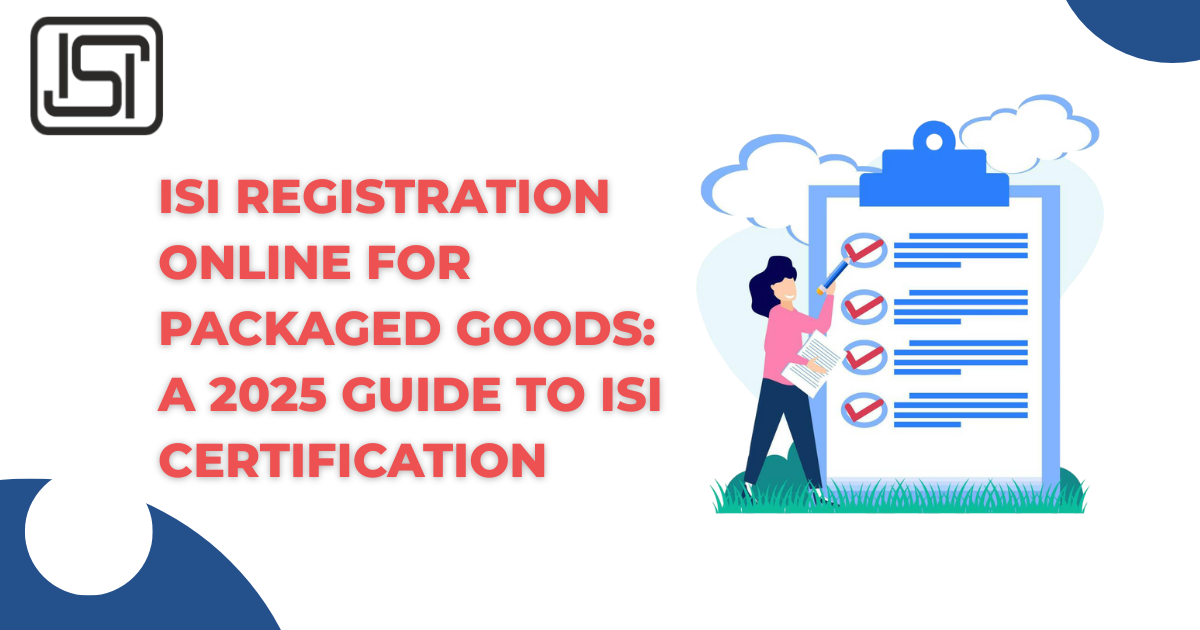How to Convert Your Proprietorship to an LLP

Strong 8k brings an ultra-HD IPTV experience to your living room and your pocket.
Proprietorship to an LLP
Converting your proprietorship to a Limited Liability Partnership (LLP) can offer several advantages, including limited liability, tax benefits, and enhanced credibility.
Because of the structural differences between the two business forms, a direct conversion is not feasible; however, you can transition successfully by taking the following steps:
Understanding the Differences
Before proceeding, it's essential to understand the key differences between a proprietorship and an LLP:
Ownership: A proprietorship is owned by a single individual, while an LLP has at least two partners.
Liability: In a proprietorship, the owner is personally liable for business debts, whereas in an LLP, partners have limited liability.
Legal Entity: A proprietorship is not a separate legal entity, while an LLP is.
Steps to Convert Your Proprietorship to an LLP
1. Find a Partner:
- Since an LLP requires at least two partners, identify a suitable business partner.
- Consider factors such as their expertise, financial contribution, and shared business goals.
2. Draft the LLP Agreement:
- Create a comprehensive LLP agreement outlining the rights, responsibilities, and profit-sharing arrangements between the partners.
- This document is crucial for governing the partnership.
3. Obtain Digital Signature Certificates (DSC):
- Both partners will need DSCs for the electronic filing of LLP incorporation documents.
4. Apply for a Designated Partner Identification Number (DPIN):
Each partner must obtain a DPIN, which is a unique identification number required for LLP registration.
5. Reserve a Name:
- Choose a unique name for your LLP and file Form 1 for name availability.
6. Incorporate the LLP:
- File Form 2 with the Registrar of Companies (ROC) to incorporate the LLP.
- Submit the necessary documents, including the LLP agreement, DSCs, and DPINs.
7. Transfer Assets and Liabilities:
- Transfer the assets and liabilities of your proprietorship to the LLP.
- This process may involve valuation and documentation.
8. Close the Proprietorship:
- Once the LLP is operational, you can formally close your proprietorship by complying with the relevant legal procedures.
9. Obtain Necessary Licenses and Permits:
- Ensure that the LLP obtains all required licenses and permits for its operations.
Basic requirements needed to convert a proprietorship to an LLP
Converting a proprietorship to an LLP requires careful planning and adherence to specific requirements. Here are the fundamental elements:
Essential Components:
At least two partners: An LLP requires two partners at the very least. You'll have to locate a suitable business associate.
LLP Agreement: It is crucial to have a thorough LLP agreement that details the partners' obligations, rights, profit-sharing arrangements, and other conditions.
Registered Office: The LLP must have a registered office address within India.
Digital Signature Certificates (DSC): Both partners will need DSCs for electronic filing.
Designated Partner Identification Number (DPIN): Each partner requires a DPIN.
Name Approval: Choose a unique LLP name and obtain approval from the Registrar of Companies (ROC).
Considerations and Challenges
Tax Implications: Consult with a tax professional to understand the tax consequences of converting your proprietorship to an LLP.
Time and Cost: The conversion process can be time-consuming and involve professional fees.
Partner Relationship: Building a successful partnership requires trust, communication, and mutual respect.
Liability Protection: While LLPs offer limited liability, it's essential to understand the scope of protection.
Final Thoughts
Converting your proprietorship to an LLP can be a strategic move to protect your personal assets, enhance business credibility, and facilitate growth. However, it's essential to carefully consider the implications and seek professional advice throughout the process. By following these steps and addressing the potential challenges, you can successfully transition to an LLP and unlock new opportunities for your business.
Note: IndiBlogHub features both user-submitted and editorial content. We do not verify third-party contributions. Read our Disclaimer and Privacy Policyfor details.







